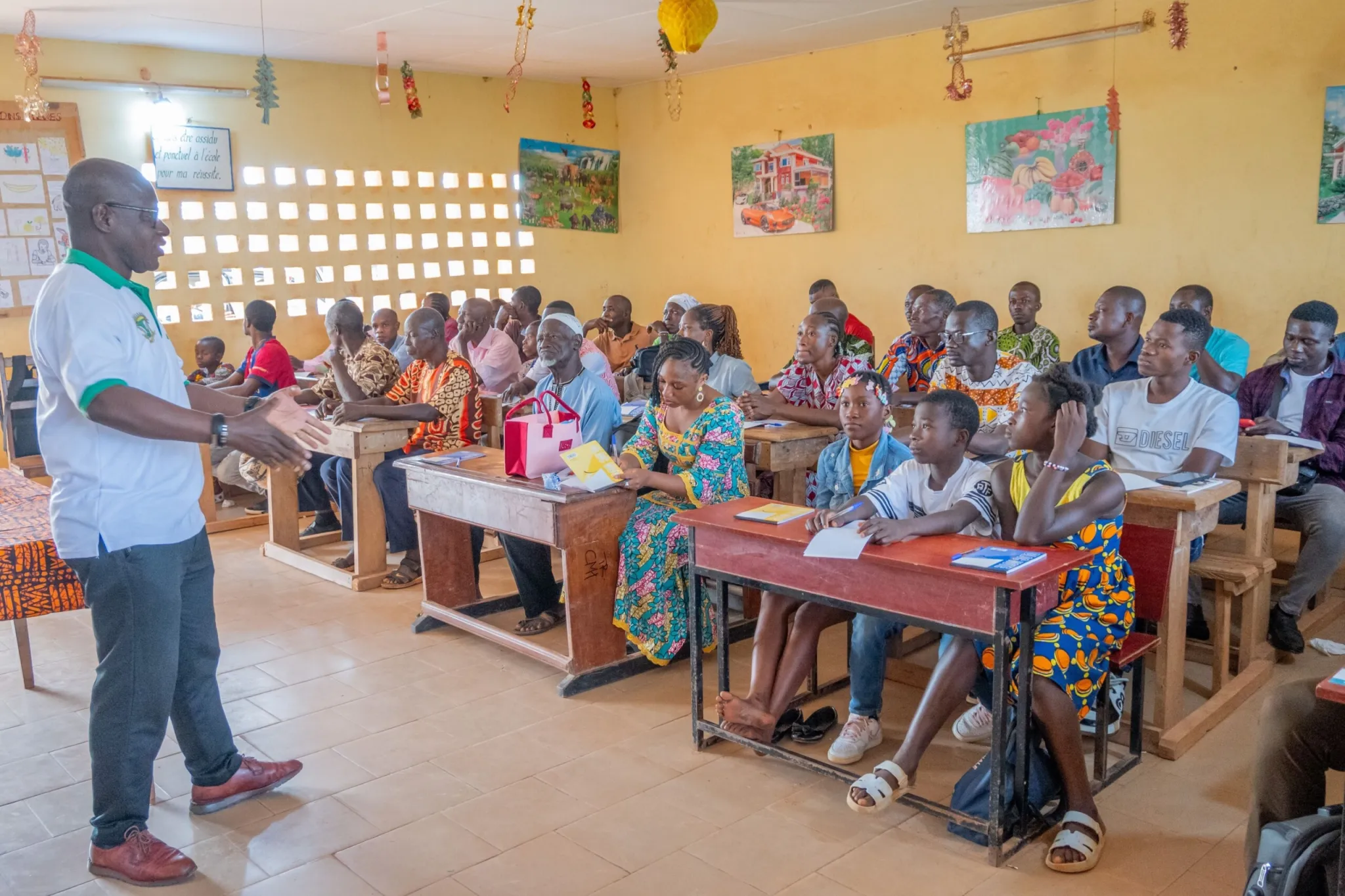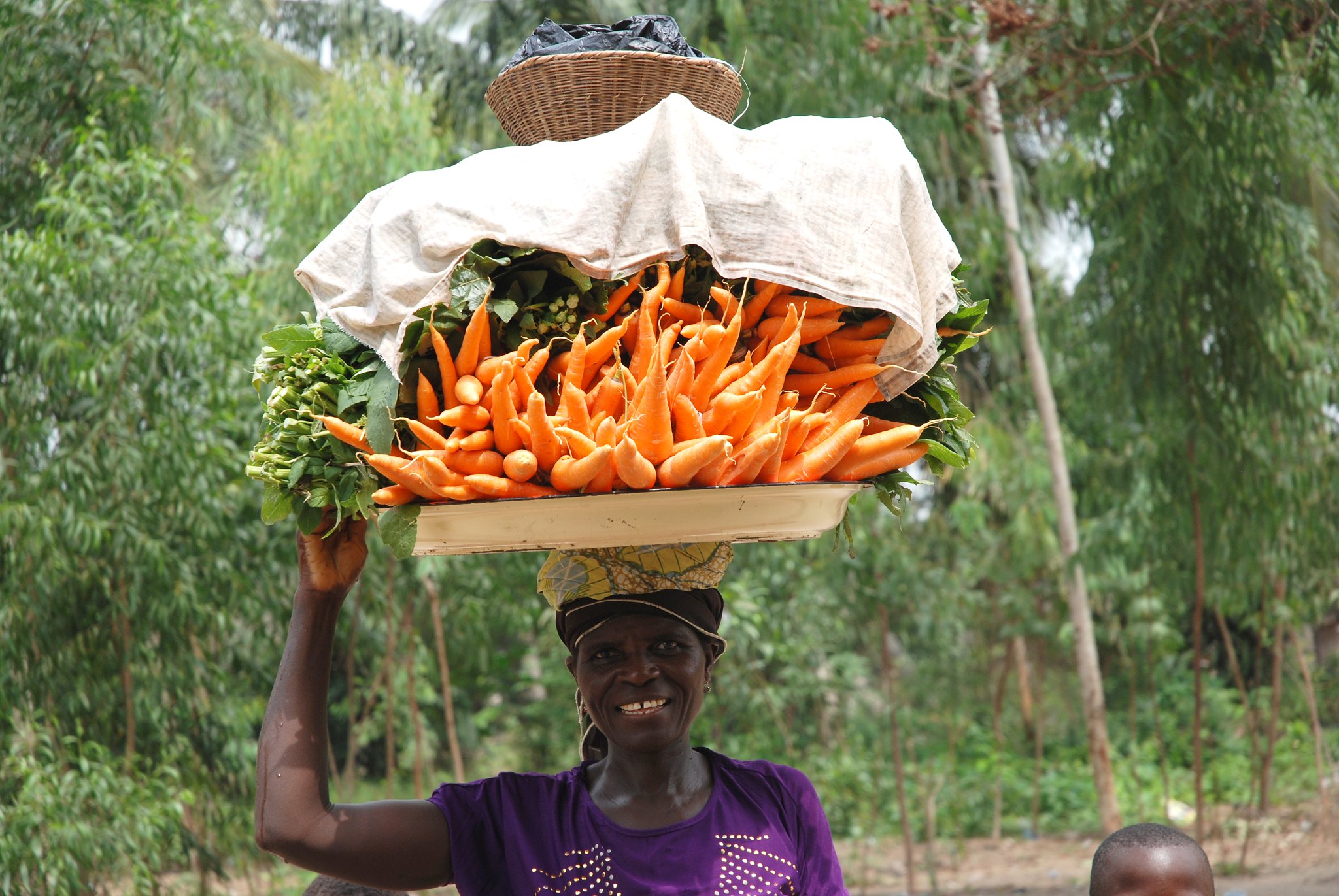The International Commission on Financing Global Education Opportunity has inspired action and delivered results on the promise of Sustainable Development Goal 4 – inclusive and equitable quality education for all.
In 2015, it was clear that business as usual was not delivering results for children. Projections demonstrated that on current trends by 2030 more than half of all young people would be left behind and not on track to reach SDG 4. Yet, through a strong partnership with dozens of partners in research, civil society, and government across the globe, a new vision has placed SDG 4 within reach for millions of children. This vision will result in one of the largest single investments in global education – and support countries to improve performance and make the necessary reforms for the next generation.
Highlights of Impact
With the support of diverse partners, including Echidna Giving, the Mastercard Foundation, the Norwegian Agency for Development Cooperation (NORAD), the Rockefeller Foundation, the UK Department for International Development (DFID), and UNICEF, the Commission has:
- Strengthened global evidence on the state of education and developed a clear action plan that was disseminated across the world. The Learning Generation report was endorsed by world leaders, including the United Nations Secretary-General. It was also recognized in several UN resolutions.
- Increased awareness on the learning crisis and heightened the global call to action on education finance. This collective effort led to the first increase in education aid in seven years and supported a record replenishment of the Global Partnership of Education.
- Built and advanced a proposal for the International Finance Facility for Education (IFFEd), which could mobilize an additional $10 billion for education. The Facility is set to become operational in early 2020 and deliver up to 200 million new school places.
- Launched a global initiative on the delivery of education reform and more effective spending of resources. The initiative has focused on increased political priority, domestic financing, and the delivery of results with leaders in more than a dozen countries.
- Advanced a global education workforce initiative, highlighting global best practice on workforce reform and supporting the implementation of reforms in three countries (Ghana, Sierra Leone, and Vietnam).
- Improved collaboration around evidence and data. A number of partner organizations took forward the Commission’s recommendation to develop a knowledge ecosystem for education.
Our Story
1. Strengthening global evidence
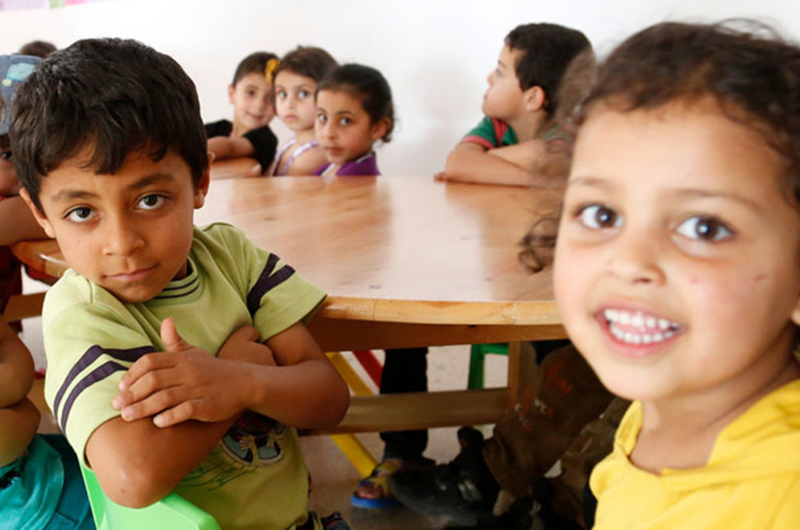
- The Learning Generation report was produced in seven languages, distributed worldwide, downloaded more than 20,000 times, and influenced global discussions around the improvement of education.
- Nearly 40 research organizations produced over 50 research papers to guide education policy and shape The Learning Generation report. The research was a direct input into the World Bank World Development Report 2018 on education.
- More than 300 partners in 105 countries hosted local events and provided insights into the Commission report.
2. Raising awareness
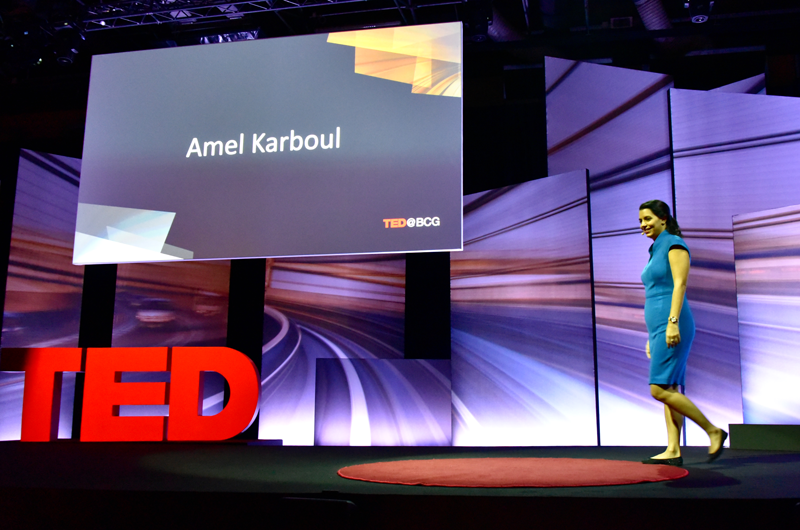
- A Learning Generation TED Talk was one of the most successful education talks in the world, reaching more than 1.5 million viewers.
- The Commission’s research has had a significant impact on the academic community and has influenced the global education conversation amongst researchers, international policymakers, and civil society.
- Our recommendations have influenced strategies of international organizations and policy discussions across Africa, Asia, Latin America, and the Middle East.
- The Learning Generation video has been viewed more than 2 million times and has brought thousands of people to visit LearningGeneration.org.
3. Delivering billions in new investments
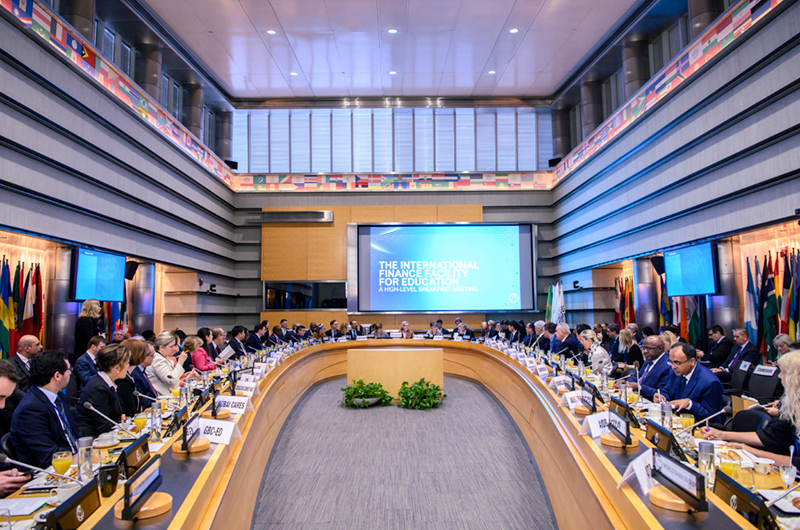
- Commissioners used their powerful voices in the media, at international policy conferences, at public events, and on their social media platforms to call for increased domestic investments and reforms.
- The Commission made the call to increase the funding target for the Global Partnership for Education’s budget to $2 billion per year by 2020. Leaders stepped up to the challenge and nearly doubled their commitments to GPE from US$1.3 billion over the past three years to US$2.3 billion for 2018-2020. Last year, education aid also increased for the first time in several years.
- As a key part of the solution, the Commission introduced an innovative International Finance Facility for Education (IFFEd) which will pool donor resources to multiply their impact. This initiative has been developed with support from Rockefeller Foundation and Echidna Giving as well as pro bono contributions from a law and financial advisor firm.
- The UN Secretary-General endorsed the Commission’s recommendation for the International Finance Facility for Education (IFFEd) to generate $10 billion in new resources for children around the world.
- Presidents and prime ministers acknowledged and called the breakthrough financing mechanism in their joint G20 Leaders’ Declaration
- The Facility is set to become operational in early 2020 and provide 200 million new school places.
- The leaders of the World Bank, Global Partnership for Education, Education Cannot Wait, UN agencies and countries endorsed the Facility as the final piece of a comprehensive global education financial architecture at the World Bank 2019 Spring Meetings.
4. Countries committed to reform
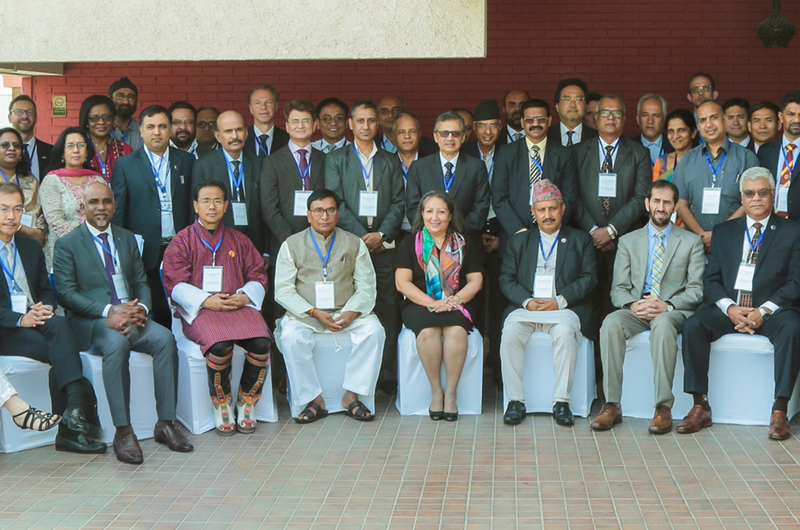
- High-level visits were made to more than 20 countries to share the Learning Generation recommendations; countries have committed to adopting the Commission’s reforms and making education a top priority.
- 16 countries participated in trainings to implement a new results-based delivery approach in Nairobi (May 2017), Seoul (December 2017) and Kathmandu (May 2018).
- With support from the UK Department for International Development (DFID), the Commission has launched a 3-year program with the Blavatnik School of Government at Oxford University to review global evidence on delivery approaches and effective implementation of reforms and priorities in education systems.
5. Innovation – Reimaging the education workforce
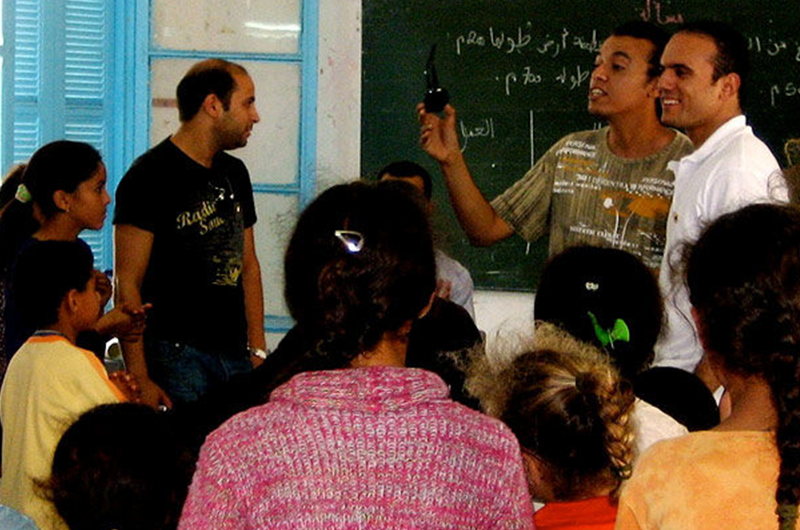
- The Commission’s Education Workforce Initiative (EWI) in partnership with the United Kingdom Department for International Development (DFID), is bringing fresh thinking to the education workforce to meet the changing demands of this century and tackle the global learning crisis.
- Drawing on concrete examples of how successful education workforce reform and innovation have been implemented across the globe, EWI is working with local partners to reimagine the education workforce in Sierra Leone, Ghana, and Vietnam. It is harnessing the latest knowledge to inform considerations of new ways to approach workforce design, strengthening and implementation, including the use of technology.
6. Improved collaboration around evidence and data initiative
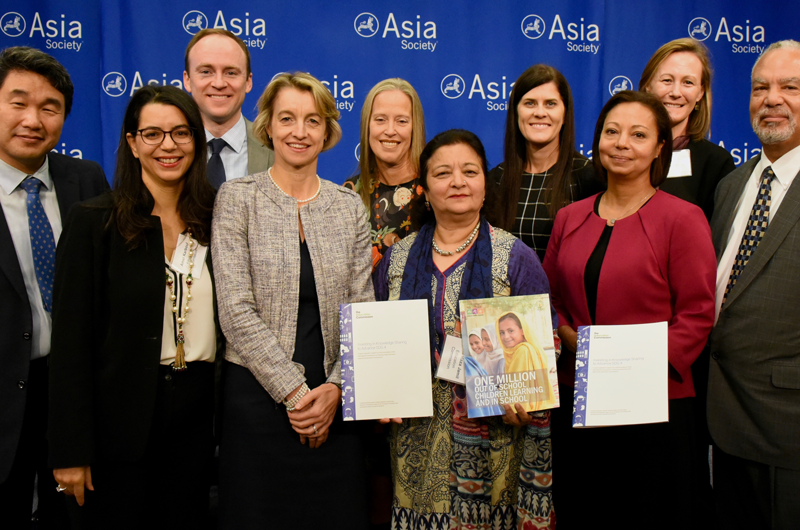
- Following the Commission’s report, a number of partner organizations took forward the Commission’s recommendation to develop the knowledge eco-system for education.
- This led to the production of a follow-up report on knowledge sharing and ongoing work on putting the report’s recommendation into practice.
- With support from the Mastercard Foundation and UNICEF, the Commission also further developed its costing model which will be made public in the coming months.

